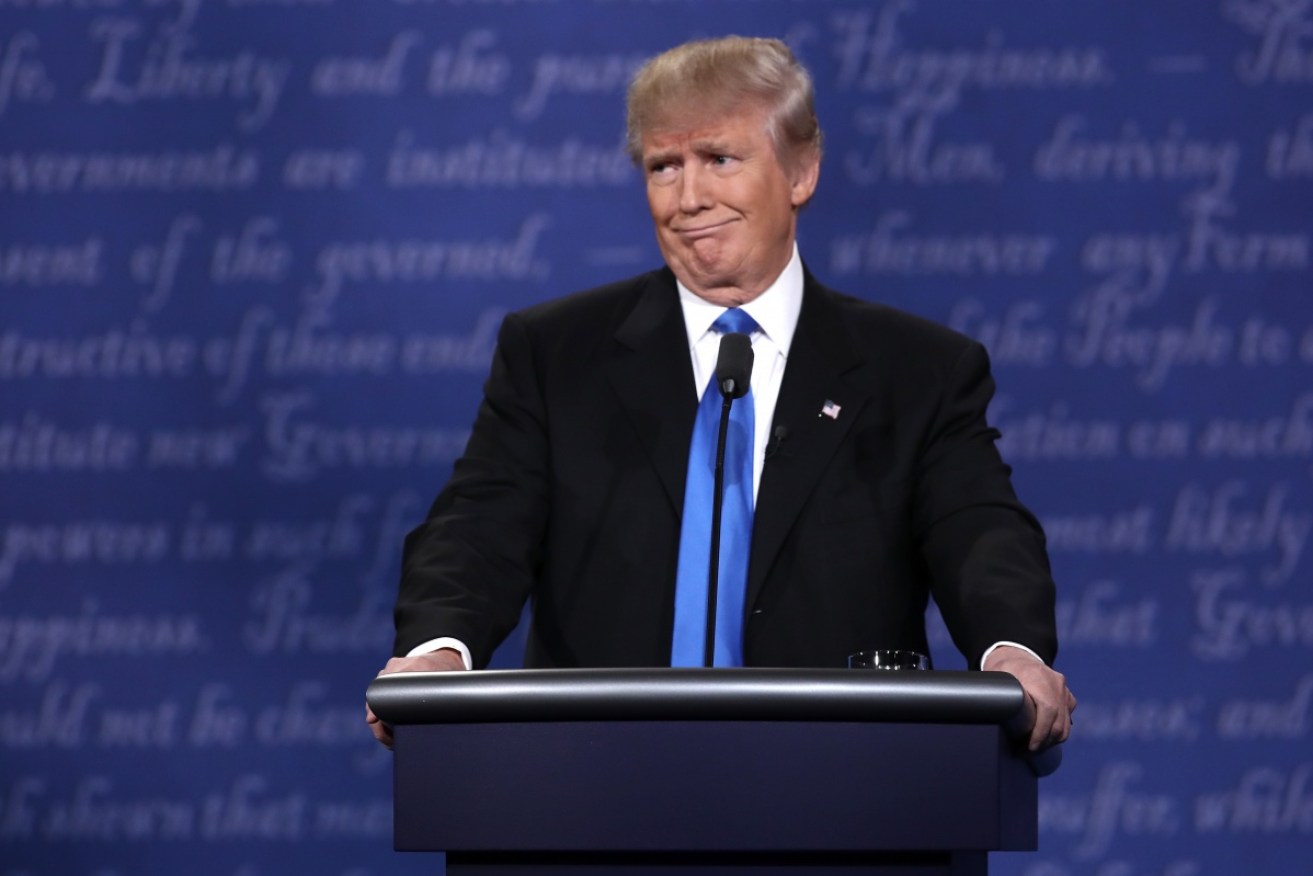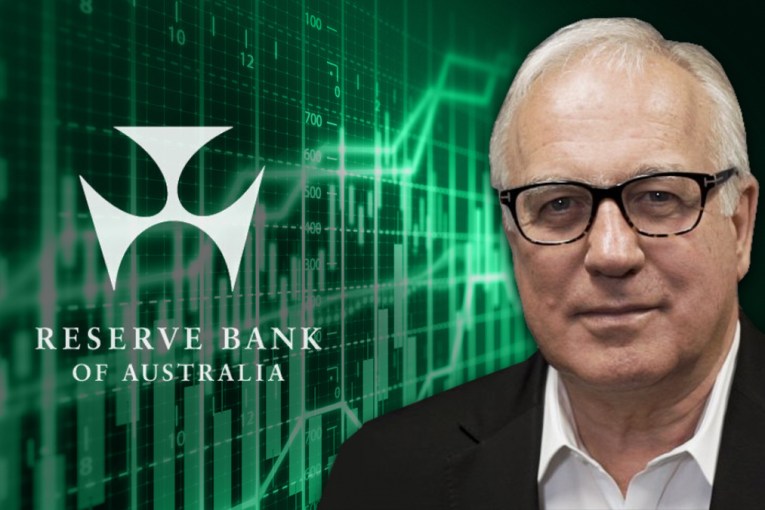Is Donald Trump crazy or just pretending to be?


Donald Trump (on the campaign trail in 2016) has been labelled "mentally unstable" by a group of psychiatrists. Photo:Getty
Of all the words and barbs traded in Washington this week by President Donald Trump and his onetime ally turned antagonist, Senator Bob Corker, there was one observation that gave particular pause.
(Actually, make that two. The one about Trump recklessly pushing us all into World War III was also a bit of an attention-grabber.)
“A lot of people think that there is some kind of ‘good cop, bad cop’ act underway, but that’s just not true,” Mr Corker, the soon-to-retire Republican head of the Senate Foreign Affairs Committee, told The New York Times.
For me – and I suspect a lot of Americans – that was a ‘gulp’ moment.
Mr Corker’s observation was a reference to the apparently conflicting positions taken on significant world events in recent weeks by Mr Trump and his Secretary of State, Rex Tillerson.
And it was a blow to anyone hoping there was actually some strategic thinking going on at the White House.
The ‘good cop, bad cop’ theory emerged soon after Mr Trump tweeted earlier this month about Mr Tillerson’s efforts to achieve a diplomatic solution to the North Korea crisis.
“I told Rex Tillerson, our wonderful Secretary of State, that he is wasting his time trying to negotiate with Little Rocket Man…,” Mr Trump tweeted on October 1, quickly following up with: “…Save your energy Rex, we’ll do what has to be done!”
The tweets appeared to undercut Mr Tillerson who’d been quoted that same weekend saying the US had opened a direct channel of communication with Pyongyang.
There were three possible explanations for Mr Trump’s inflammatory public position on North Korea: a) he and Mr Tillerson were poles apart on the crisis; b) they were playing ‘good cop, bad cop’ to get their desired outcome of a North Korean rethink of their nuclear arms build-up, or c) Mr Trump is barking mad.
Advocates of the ‘good cop, bad cop’ theory looked to the Nixon-Kissinger approach of the seventies to bolster their view.
Like Mr Trump, then president Richard Nixon was often seen to be unpredictable, perhaps unstable and potentially reckless.
His secretary of state, Henry Kissinger, with Mr Nixon’s blessing, often used this perception of his boss to pressure adversaries for a desired outcome. It became known as the “madman theory”.
More than 40 years on, many took comfort from the possibility that Mr Trump and Mr Tillerson were adopting the same approach on North Korea.
But Mr Corker killed that stone dead this week and we are left with this uncomfortable thought: the president really is at odds with his secretary of state and there is no backroom strategy of ‘good cop, bad cop’.
This no doubt explains why Mr Tillerson reportedly called Mr Trump a “moron” after one national security meeting back in July.
Comforting isn’t it? But, wait, it gets worse. Which brings the ‘barking mad’ theory into play.
In a new book published here, 27 renowned psychiatrists – dismissed as Hillary supporters by Trump backers – examine Mr Trump’s sanity and fitness for office and make the case that he’s neither sane nor fit to be president.
Early on in The Dangerous Case Of Donald Trump they pose a series of questions and offer one particularly unsettling answer.
“Is the man simply crazy, or is he crazy like a fox? Is he mentally compromised or simply vile? When he lies, does he know he is lying, or does he believe his own lies?” ask prominent psychiatrists Judith Herman and Bandy Lee in the book’s prologue.
Ms Herman, from Harvard University, and Ms Lee, from Yale University, argue the two propositions aren’t mutually exclusive.
“A man can be both evil and mentally compromised – which is a more frightening proposition,” they write.
So, is there any comfort to be taken from Mr Trump’s recent behaviours and the spat with Mr Corker? Perhaps.
“I know for a fact that every single day at the White House it’s a situation of trying to contain him,” the Republican senator said in The Times interview, adding: “Thankfully…we’ve got some very good people there and they have been able to push back against his worst instincts.”
This was taken as a reference to Mr Trump’s generals, John Kelly and James Mattis, and Mr Tillerson. Americans better hope they hang around.
As for the psychiatrists, they find little comfort in any of it, declaring: “Collectively with our co-authors, we warn that anyone as mentally unstable as Mr Trump simply should not be entrusted with the life and death powers of the presidency.”
Gulp.








